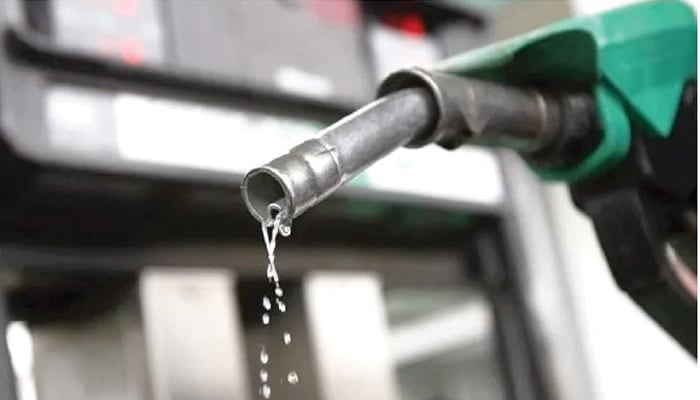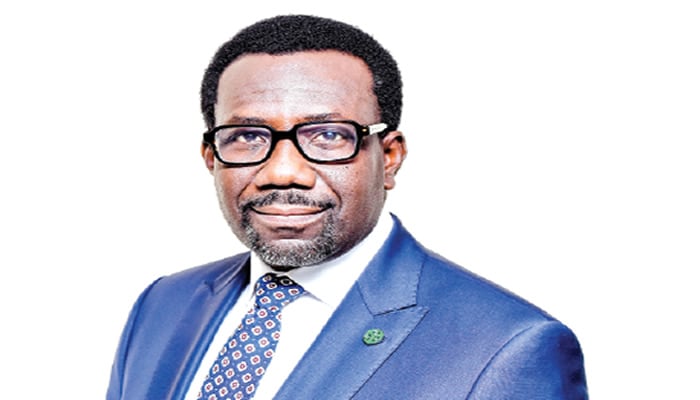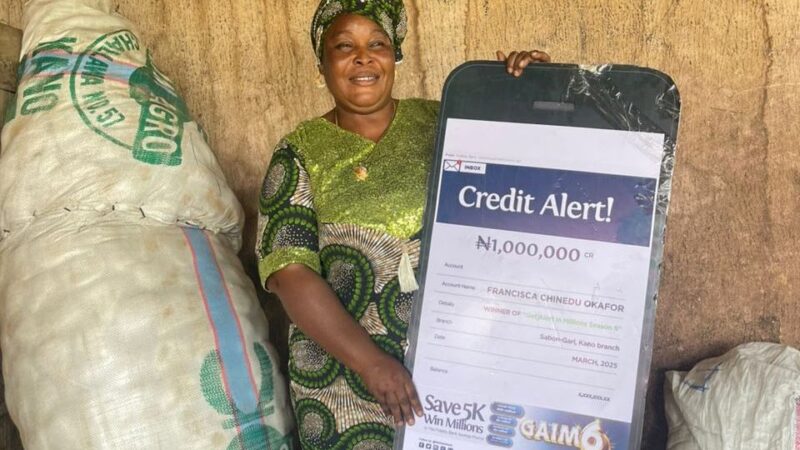Despite CBN’s $197m intervention, naira drops to four-month low at official market

The naira, on Monday, depreciated to N1,612 per dollar at the official segment of the foreign exchange (FX) market, raising concerns about Nigeria’s ability to navigate changing economic dynamics at the global stage.
The development comes despite the Central Bank of Nigeria’s (CBN’s) injection of $197.71 million into the foreign exchange market on Friday, April 4.
The current rate represents the lowest since December 4, 2024, when the price of a dollar was N1,613.69.
At the Nigeria Foreign Exchange Market (NFEM), the local currency depreciated by 2.89 percent to N1,612.23/$ on Monday — from N1,567.02 traded on April 4.
At the parallel section of the market, the naira depreciated by 3.51 percent to N1,620 per dollar on April 8 — from N1,565 per dollar on April 7.
The apex bank had said the decision to intervene on Friday was in line with its commitment to ensuring adequate liquidity and maintaining orderly market functioning.
“In line with its commitment to ensuring adequate liquidity and supporting orderly market functioning, the CBN facilitated market activity on Friday, April 4, 2025, with the provision of $197.71m through sales to authorised dealers. This measured step aligns with the bank’s broader objective of fostering a stable, transparent, and efficient foreign exchange market,” CBN had said.
The move followed the recent negative adjustments in global stock markets, triggered by President Donald Trump’s announcement of sweeping global tariffs on all imports into the country.
In an interview with NAN on Monday, Aminu Gwadabe, president of Association of Bureau De Change Operators of Nigeria (ABCON), said the tariff hike would make Nigerian products more expensive and less attractive to America.
Gwadabe warned that the tariff hike would lead to reduced exports and substantial revenue losses for the nation’s economy while also causing further depreciation of the naira in the official market.
“As we speak now, the naira is weaker in the official market than in the parallel markets,” he stated.
“It is, therefore, important for the CBN to be proactive and ensure the sustainability of stability in the market.”
Gwadabe asked the CBN to inject liquidity into the interbank market and the critical retail end to meet the demand for invisible transactions and small and medium-sized enterprises.
The ABCON boss emphasised that concerted efforts are needed to diversify the nation’s foreign exchange (FX) sources, as the challenge is fundamentally about liquidity.
“To this end, Nigeria, being a mono-cultural economy that relies heavily on petro-dollar receipts, should embrace more partners like India, African markets, and China in the export of its single and most important commodity,” the president said.
“The CBN should enforce banks to implement the sale of their interbank proceeds to the BDCs to curtail any volatility.
“There is a need to support local production of export commodities to mitigate our reliance on oil.”
Gwadabe described the Trump administration’s trade tariff as “global tension raging like wildfire across jurisdictions”.
He commended the CBN’s consistent intervention in the FX market, addressing inflation, uncertainty, and FX volatility during a challenging period of policy reforms.







